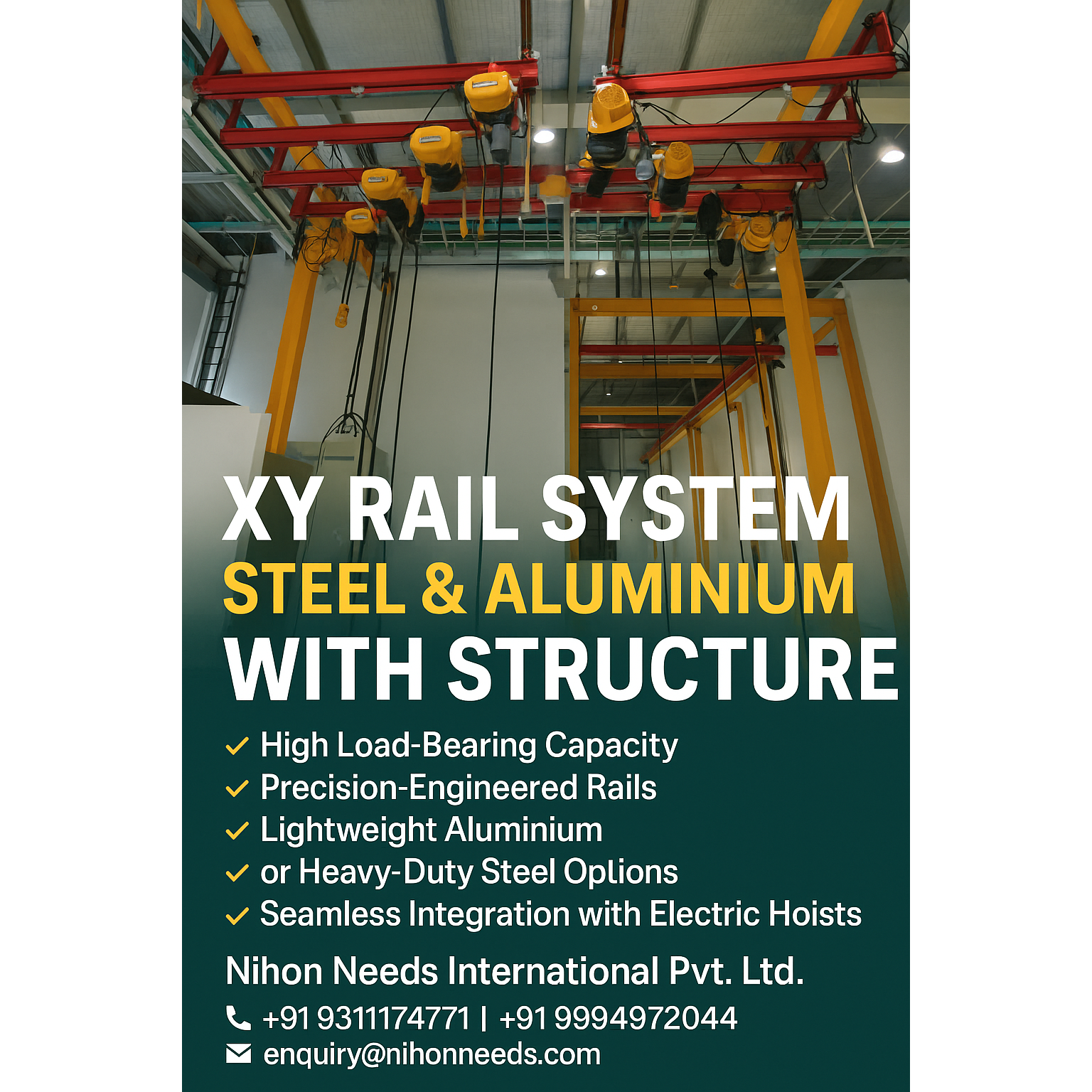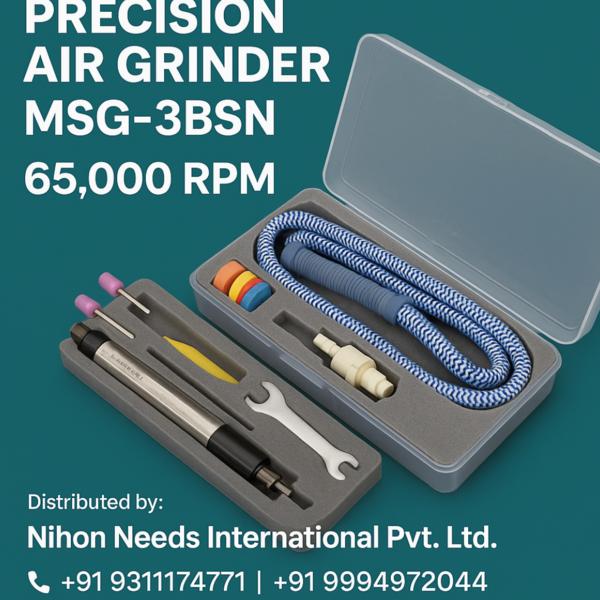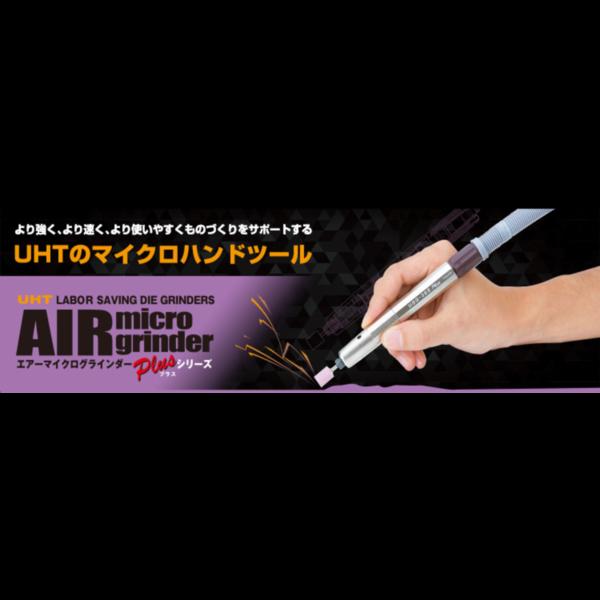
Improving Industrial Accuracy: X-Y Rail Systems in Steel and Aluminum
Introduction: -
Precision, longevity, and versatility are the key in today's industrial environments. An important element that upholds these principles is the X-Y rail system—a mechanical device through which movement on two axes is enabled. From CNC equipment, automated inspection systems, to robotics, selecting the appropriate rail system has a direct impact on efficiency in operations. Herein, we discuss the advantages, usage, and structural aspects of steel and aluminum X-Y rail systems for industrial applications.
What Is an X-Y Rail System?
An X-Y rail system consists of linear guide rails and bearings that provide motion in the X and Y directions. These systems are critical for tasks involving multidirectional movement, high-precision positioning, and repeatable operations. They serve as the basis of many applications such as:
1- CNC machines
2- Automated assembly lines
3- Packaging systems
4- Laser cutters and engravers
5- Industrial 3D printers
Material Matters: Steel vs. Aluminum
When choosing or specifying an X-Y rail system, the material is paramount to performance, longevity, and cost.
A- Steel X-Y Rail Systems
Benefits:
1- High Strength & Load Capacity: Suitable for heavy-duty usage.
2- Exemplary Wear Resistance: Resists high-cycle operations for extended periods.
3- Minimum Deflection: Retains precision even with high mechanical loads.
Best Uses:
1- Automotive manufacturing
2- Aerospace part machining
3- Large-scale CNC milling
B- Aluminum X-Y Rail Systems
Benefits:
1- Lightweight: Lower transport, installation, and integration costs.
2- Corrosion Resistance: Ideal for environments where chemicals or moisture are found.
3- Lower Inertia: Allows for acceleration and movement at a faster rate.
Ideal Applications:
1- Electronics assembly
2- Light-duty material handling
3- Medical device manufacturing
Structural Integration & Design Considerations
A successful X-Y rail system is not simply about rails and bearings—structural integration plays a crucial role. The structure that attaches to the rails needs to provide alignment, reduce vibration, and sustain static as well as dynamic loads. Some structural considerations are:
1- Use of Base Frames: Steel or extruded aluminum base frames provide increased rigidity.
2- Cross-Bracing: Provides added structural stability for taller or wider systems.
3- Modular Design: Facilitates simple customization or expansion in future upgrades.
4- Regardless of whether you are integrating rails into an existing structure or creating a system from the ground up, alignment and load distribution are key to maintaining high accuracy and long life.
Selecting the Proper System for Your Application
When choosing an X-Y rail system for your production process, consider the following:
1- Load specifications (static and dynamic)
2- Environmental conditions (humidity, dust, chemicals)
3- Precision and velocity requirements
4- Space available and mounting arrangement
5- Budget limitations
Several manufacturers have pre-assembled X-Y stages available, but in the case of custom projects, collaborating with a qualified supplier to create a customized system is usually the most suitable option.
Conclusion
The selection of a steel or aluminum X-Y rail system is a function of your application's unique requirements. Steel provides unparalleled strength and longevity for heavy-duty applications, while aluminum offers light weight with versatility and corrosion resistance. By thinking in terms of both the material and the support structure, you can construct a system that increases productivity, provides longevity, and achieves your industrial performance objectives.
Need assistance with selecting or designing an appropriate X-Y rail system for your use?
Call us now for professional consultation and custom engineering services.
XYRailSystem
OverheadCrane
AluminiumRails
SteelStructure
MaterialHandling
CraneSystems
ElectricHoist
FactoryAutomation
RailSystemIndia
ManufacturingSolutions
IndustrialAutomation
EngineeringTools
FactorySetup
SmartManufacturing
HeavyLifting
IndustrialCranes
WarehouseTech
ProductionLine
NihonNeeds
MadeForIndustry
BuiltToLift
EngineeringIndia
B2BTech
ToolTech
WorkshopUpgrade
InnovationInMotion
PowerToMove
MadeInJapan
DistributedInIndia
Keywords
repeatable operations
support structure
heavyduty applications
existing structure
integrating rails
performance longevity
professional consultation
increases productivity
corrosion resistance
unparalleled strength
qualified supplier
production process
load distribution
future upgrades 4
sustain static
crucial role
provide motion
advantages usage
direct impact
robotics selecting
important element
customized system
proper system
industrial applications
structural considerations
structural aspects
dynamic loads
rail system
base frames steel
todays industrial environments
linear guide rails
long life selecting
xy rail system
industrial performance objectives
added structural stability
high mechanical loads
suitable option conclusion
custom projects collaborating
preassembled xy stages
maintaining high accuracy
bearingsstructural integration plays



